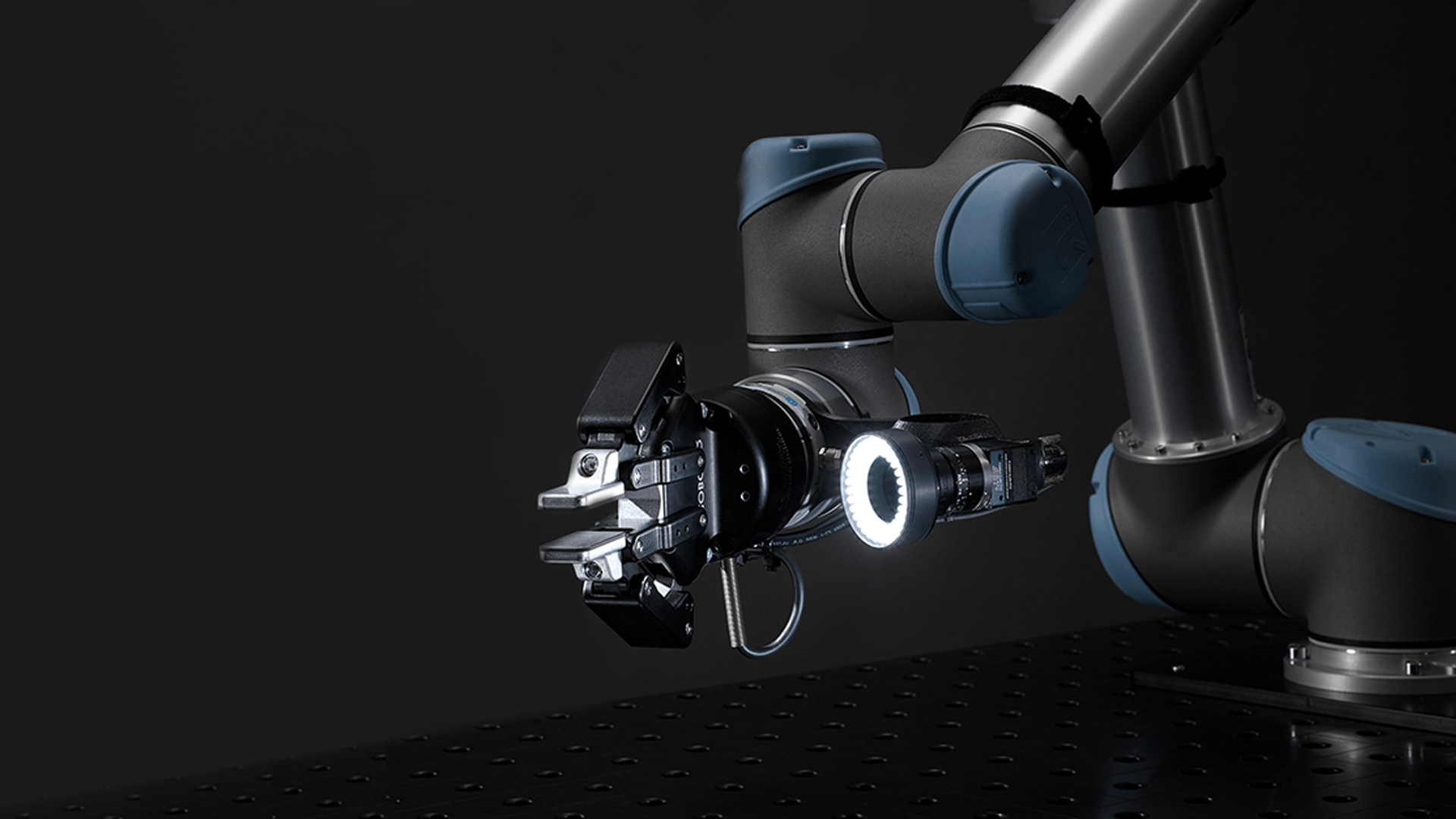Berlin-based Micropsi has raised $30 million in a Series B funding round. The company produces AI-driven systems for the controlling of industrial robots and enables automation services that previously required the work of humans. The new funding will be used to significantly expand operations in the US, while at the same time incorporating more robots into the platform.
Micropsi employs a series of cameras and sensors to aid robots in interacting with the workplace around them. By adding a layer of artificial intelligence to Micropsi-powered robots, they can be trained by humans to perform any number of complex tasks that would normally require the actions of hand-eye coordination.
But industrial robots have been on the factory floor since 1954, what’s so special about what Micropsi is doing?
Well, I’m glad you asked. Essentially what the startup is doing is giving “dumb” robots the ability to become “smart”, in so much as they’re providing the droids a set of eyes and the know-how as to what to do with them.
A traditional industrial robotic setup involves teams of specialists to develop code a series of operations line by line to trigger the individual movements of the machines. Now mind you, this is machine location and materials specific. Any variation in this process, such as, say, the introduction of transparent aluminum, will completely negate the time-intensive action of prior programming.
Through the company’s flagship offer, MIRAI, workers are able to train robots by guiding the machine through a series of motions that result in the desired outcome. Through, quite literally, in this case, machine learning, the robot is then able to not only reproduce the movements automatically but is able to adapt to any changes in both its work environment and the materials it may be working with.
"Our technology makes it easy to transfer dynamic motion know-how from humans to robots. We have not optimized the textbook approach for specific applications but took a radically different approach inspired by how humans coordinate motions”, says Micropsi CEO and co-founder Ronnie Vuine. “MIRAI is a proven and independent technology that’s working 24/7 in the factories of our customers.”
The company’s flagship offer, MIRAI, is currently in use by companies including Siemens Energy, automotive supply house ZF Group, and home appliance manufacturer BSH.
Micropsi’s $30 million Series B round was co-led by Metaplanet, VSquared, and Ahren Innovation Capital, with existing investors, Project A Ventures, and M Ventures also participating.
“Intelligent robot automation could tap into a currently locked productivity pool. The end-to-end learning solution built by Micropsi is one of the most advanced systems in the market and is well-positioned to unlock potential in a wide array of industrial settings. The ease of use and the fast learning cycle make it one of the most scalable platforms in the industry,” commented Metaplanet’s Rauno Miljand.



Would you like to write the first comment?
Login to post comments